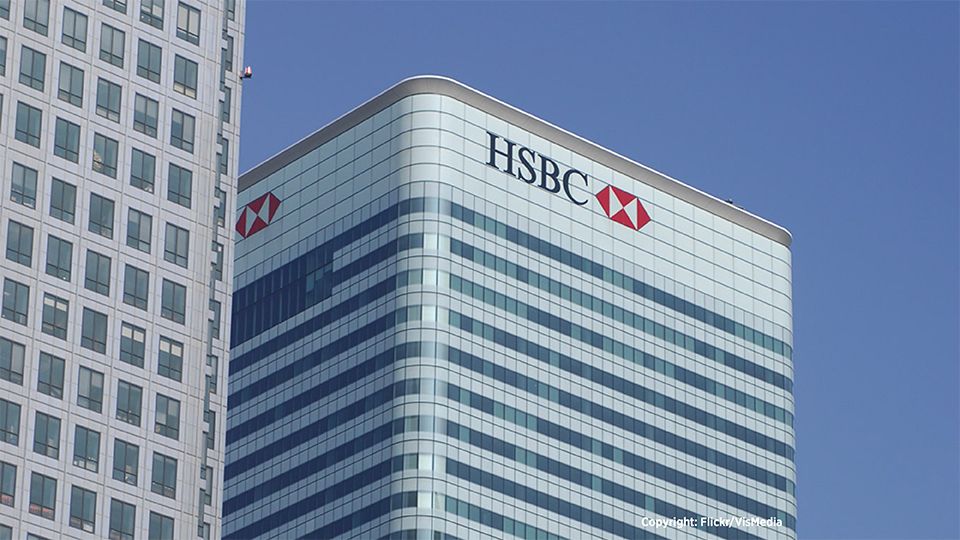Violent suppression of peaceful protestors against a coal mine expansion, and its funding by a secret loan from HSBC, calls into question the value of engagement over total divestment, a sustainability advice consultant has said.
Rebecca Kowalski, founder of advice consultancy firm Overstory and ESG Clarity EU Committee member, said images of scenes at Lützerath, the last of several German villages to be sacrificed for the 35 km2 Garzweiler mine, were “like something out of an apocalyptic sci-fi movie”.
Baton-wielding riot police clashed with protestors seeking to protect the village, on the site owned by RWE, one of Europe’s largest energy companies, which received the funding from HSBC.
Kowalski called on the investment industry and regulators to realise “why the engagement over divestment argument won’t always hold water after scenes like this”.
She said: “Out in nature, exposed to the elements, mud, rain, wind, you can only see those trying to preserve the environment as altruistic, bold and brave.
“They cannot be accused of stopping people going to work or getting to hospital, or of making too much noise.”
She called it “a modern-day battlefield in a time of place and democracy”, and criticised HSBC for its funding of the coal mine expansion, as revealed in a report by The Bureau of Investigative Journalism (TBIJ) last week (11 January).
HSBC broken pledges
The TBIJ report found HSBC made a secretive multimillion-dollar loan to RWE, just three months after the bank pledged to stop funding coal.
HSBC approved the $340m deal with RWE after internal discussions in which senior figures at the bank recommended that its involvement should not be publicised.
At the same time the bank claims it is “helping to lead the transition to a more sustainable world”.
Lindsey Stewart, director of stewardship investment research at Morningstar, said the case “really highlights the need for consistency between a firm’s commitments and its actions on climate matters, at a time when scrutiny has never been higher”.
It’s always better, he said, for a firm to admit they’re working towards a goal but aren’t ready yet, than to make a commitment the business isn’t ready to align to, “leaving the firm open to accusations of greenwashing”.
Yann Louvel, senior financial institutions policy analyst at Reclaim Finance, which aims to shift the world’s largest finance companies away from fossil fuels, described HSBC’s secretive multi-million dollar loan to a fossil fuel miner as “truly shocking”.
He added: “Other investors should take stock of the damage this is doing to HSBC’s reputation and steer clear of companies involved in new fossil fuel projects.”
Public shaming
However, Hortense Bioy, global director of sustainability research at Morningstar and ESG Clarity EU Committee member, pointed out the HSBC loan was for general corporate purposes, not to directly finance RWE’s coal mine expansion.
She added: “These are nuances the public can’t be expected to understand. Scrutiny is good but public-shaming companies that have made commitments can be counter-productive.”
Pressure should be put on the companies that have made no commitment at all, she said.
For its part, RWE is likely to emerge from the episode unscathed, financially at least, said Tancrede Fulop, senior equity analyst at Morningstar.
“I don’t think this type of controversy will have a meaningful negative impact for RWE,” he said.
“Although, it still has sizeable lignite (coal) operations, the bulk of its investments go to renewables. As such, the company can issue green bonds at favourable conditions. Also there are no big financial needs for the lignite business, which is set to be shut down by 2030.”
But Kowalski said the case is a line in the sand moment for investors and the wider world.
She said: “You pick the side of those who are aware, who care and who dare to make sacrifices and enact change for a liveable planet or you pick the side of corporate profit at any cost and of baton wielding riot police – those who sent them there and those who funded them.”








